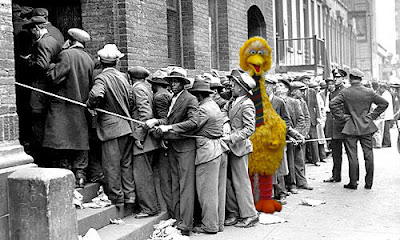
With Nelson Mandela’s funeral on the television, Sammy, who is 6, turned to me with a question that quickly grabbed my attention. Having already discussed his death, his activism, and apartheid, Sammy was very aware of Madiba’s struggles for justice. Listening to the commentators praise Mandela for his courage and beautiful spirit, he asked, “if he was so good, why would they put him in jail.” Inundated with messages that prisons are for bad people, he was clearly processing what felt like an incongruity of a heroic Mandela being locked up in a place that is suppose to be for bad people. This wasn’t the first time we’d engaged this topic, having pushed him to think about how PlayMobile imagines the world within its “police set,” which has police and robbers. We spent many minutes discussing why someone might steal and how such choices don’t inherently make someone a bad person. These conversations are never easy; they are messy and complex, which is made that much more difficult by the simplistic messages disseminated within kid’s culture. This past summer, I was hopeful when I learned that Sesame Street would shed light on the issue of mass incarceration.
Reflecting its history of engaging broader social realities (divorce, AIDS, death, perpetual war culture), Sesame Street broke the mainstream media’s relative silence regarding children of incarcerated parents in 2013. It introduces viewers to Alex, whose father is in jail. Upset by queries from friends about “where his Dad is,” Alex eventually tells the group that he’s in jail. Sofia notes that her dad was also “incarcerated” leading Abby Cadabby to ask, “what’s carcerate?” In response, she notes, “When someone breaks law, a grown-up rule, they have to go to prison or jail.” In another segment Murray and Nylo talk about the emotional difficulties of living with a family member in prison, emphasizing the importance of conversation and love. Another segment documents a little girl visiting her father, describing the bus ride, the rules, the sights, sounds, and emotional trauma of only getting to see a loved one within these conditions. Given the erasure of the impact of incarceration on families and the refusal to humanize those “made to disappear,” Sesame Street’s intervention is important.
The reaction to the Alex character was predicable; it highlights the importance of challenging dominant representations of prisons and incarcerated people and the dialects between America’s prison nation and its collective consciousness regarding those locked up.
Continue reading at Sunny Days?: Sesame Street, Prisons and the Politics of Justice – The Feminist Wire | The Feminist Wire.

